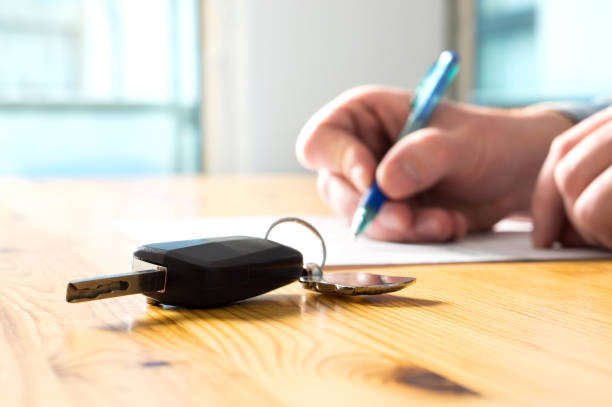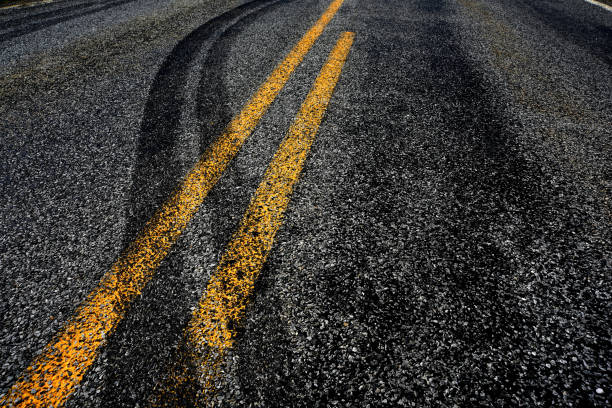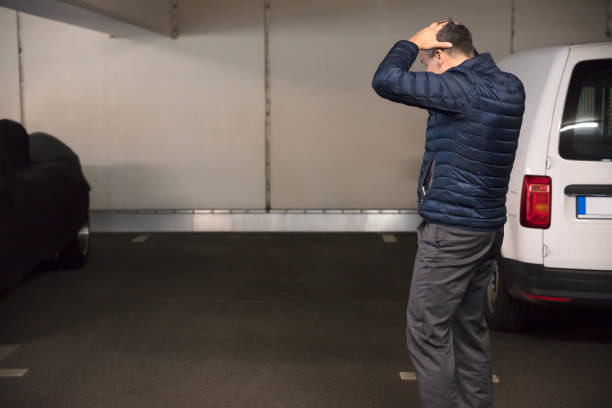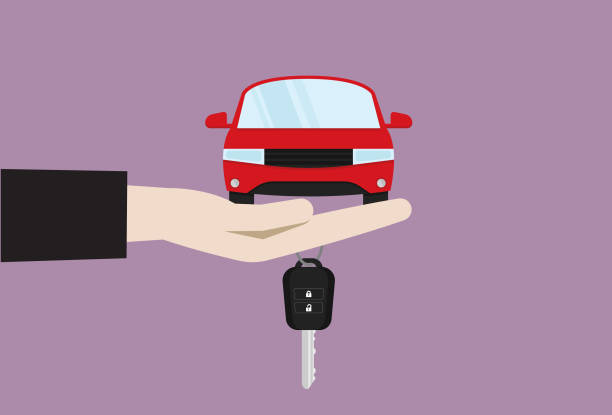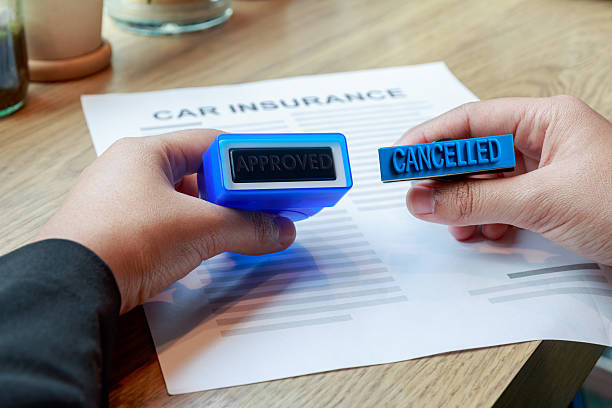Exploring the Various Types of Vehicle Insurance
Vehicle insurance is a crucial aspect of responsible car ownership, offering financial protection in case of accidents, theft, or damages. Understanding the different types of vehicle insurance coverage available is essential for selecting the right policy that suits your needs. In this article, we'll explore What are the different types of vehicle insurance, from mandatory liability coverage to optional add-ons, providing you with the knowledge to make informed decisions about your insurance needs.
Liability Insurance: The Foundation of Coverage
Liability insurance is the fundamental and mandatory form of vehicle insurance in most jurisdictions. It covers damages and injuries caused to others in an accident for which you are responsible. Liability insurance typically includes two components:
a. Bodily Injury Liability: This coverage pays for medical expenses, lost wages, and other related costs for injuries sustained by others in an accident caused by your vehicle.
b. Property Damage Liability: Property damage liability covers the cost of repairing or replacing other people's property, such as vehicles, fences, or structures, damaged in an accident for which you are at fault.
Collision Coverage: Protection for Your Vehicle
Collision coverage is an optional type of insurance that pays for damages to your own vehicle resulting from collisions with another vehicle or object, regardless of fault. If you are involved in an accident and your vehicle requires repairs or even replacement, collision coverage ensures that the cost is covered by your insurance provider. This coverage is particularly valuable if you have a new or valuable vehicle that would be costly to repair or replace.
Comprehensive Coverage: Extensive Protection
Comprehensive coverage provides protection against non-collision incidents that can damage or destroy your vehicle. This optional coverage is particularly useful in situations such as:
a. Theft: Comprehensive coverage compensates you for the loss if your vehicle is stolen and not recovered.
b. Vandalism: If your vehicle is intentionally damaged by acts of vandalism, comprehensive coverage will cover the repair costs.
c. Natural Disasters: Comprehensive coverage protects against damages caused by natural disasters like storms, floods, earthquakes, or falling objects.
d. Animal Collisions: If your vehicle collides with an animal, comprehensive coverage will cover the damages.
Personal Injury Protection (PIP) Coverage: Covering Medical Expenses
Personal Injury Protection (PIP) coverage, also known as "no-fault" insurance, is required in some states. PIP coverage pays for medical expenses, lost wages, and other related costs for you and your passengers, regardless of fault. This coverage ensures that you and your passengers receive necessary medical care and financial compensation for injuries sustained in a car accident.
Uninsured/Underinsured Motorist Coverage: Protection Against Uninsured Drivers
Uninsured/Underinsured Motorist (UM/UIM) coverage safeguards you in the event of an accident. Involving a driver who either has no insurance or lacks sufficient coverage. If you are involved in an accident with an uninsured or underinsured driver and sustain injuries or property damage. This coverage will help cover medical expenses, vehicle repairs, and other damages.



